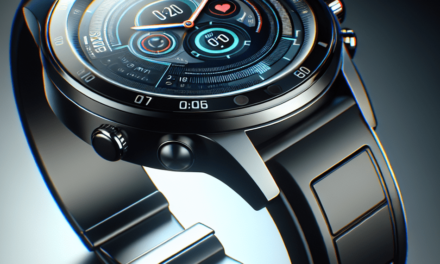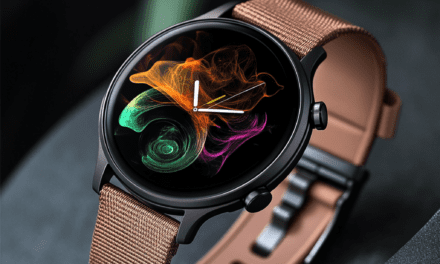The Accuracy of Wearable Fitness Trackers: Are They as Reliable as You Think?
It’s common to see people around you wearing fitness trackers that monitor various aspects of their lives.
These wearables, ranging from smartwatches that track steps and heart rate to fitness bands that record sleep patterns and calories burned, have become a popular trend, reflecting society’s focus on quantifying personal data.
However, the question remains: Do these devices provide accurate measurements?
Despite the promising features of wearables, conducting comprehensive research in this area has been quite challenging. One of the main obstacles is the inconsistent methodologies used by different research groups to validate the accuracy of these devices.
The adoption of wearables is on the rise, with a significant number of individuals using them daily.
However, the validity of the data collected by these devices is still a topic of debate within the quantified self movement.
From the smartwatches that track our steps and heart rate, to the fitness bands that log sleep patterns and calories burned, these gadgets are now ubiquitous.
Their popularity is emblematic of a modern obsession with quantification – the idea that if something isn’t logged, it doesn’t count.



